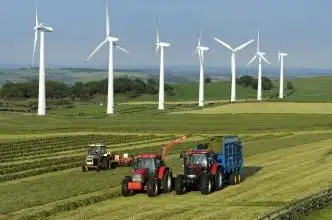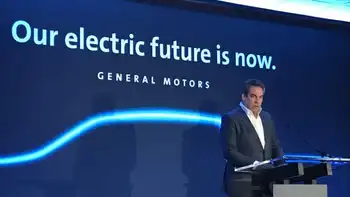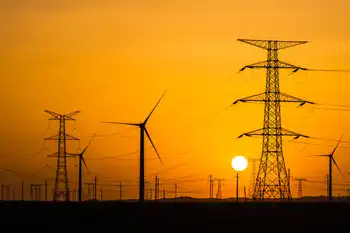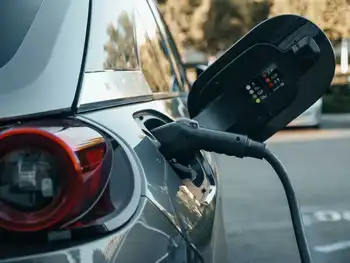UK to fast-track vital grid connections

NFPA 70b Training - Electrical Maintenance
Our customized live online or in‑person group training can be delivered to your staff at your location.

- Live Online
- 12 hours Instructor-led
- Group Training Available
UK Grid Connection Fast-Track would let the Energy Secretary instruct network operators and National Grid ESO to accelerate substation upgrades and transmission links for Tata's gigafactory, electric arc furnaces, and ready-to-build renewable projects.
Key Points
A UK plan letting the energy secretary fast-track grid connections via priority substation and transmission upgrades.
✅ Prioritizes substations and lines for strategic projects
✅ Supports Tata gigafactory and electric arc furnace conversions
✅ Complements Ofgem queue reforms and National Grid ESO changes
The UK energy secretary could be handed powers to fast-track connecting electricity-hungry projects, such as Jaguar Land Rover’s owner Tata’s planned electric battery factory, to the grid, under plans being discussed between government and regulators as part of the government’s green industrial revolution strategy.
Amid concerns about supply delays of up to 15 years in hooking up large schemes, the Guardian understands the move would allow Claire Coutinho to request that energy network companies accelerate upgrades to substations and power lines to connect specific new developments.
It is understood that the government and the regulator Ofgem have told National Grid’s electricity systems operator that they are “minded” to adopt its grid reform proposals to change the model for connections, which now moves at a pace set by each network operator.
A source said: “Foreign investors need assurances that, if these things are going to be built, then they can be hooked up quickly. There are physical assets, like substations and cross-Channel cables that transmission companies will need to build or upgrade.”
The government is belatedly attempting to tackle a logjam that has resulted in some developments facing a 10- to 15-year wait for a connection to the grid. Ofgem announced on Monday plans to remove “zombie” projects from the queue to connect up to speed up those ready to produce renewable power for the grid, with wind leading the power mix.
Although no equivalent queue exists for those looking to take power from the grid, ministers and officials are concerned that large projects could struggle to secure final investment and proceed without guarantees over their connection to the electricity supply.
Sources said changes to the rules had been proposed with several big projects in mind: Tata’s new £4bn electric battery factory, expected to be built in Somerset; and the switch to electric arc furnaces at Britain’s biggest steelworks at Port Talbot in south Wales, also owned by the Indian group.
The £1.25bn plan from British Steel, which is owned by China’s Jingye, to replace two blast furnaces at Scunthorpe steelworks, with an electric arc furnace at the north Lincolnshire plant and another at a site in Teesside, North Yorkshire, has also formed part of the proposals. Negotiations over the closure of blast furnaces at Port Talbot and Scunthorpe are expected to lead to thousands of job losses.
All three projects are likely to involve significant investment from the UK government, where a state-owned generation firm has been touted as a cost-saving option, alongside the companies’ overseas owners.
Britain has 10 distribution network operators, including National Grid and Northern Powergrid, which operate monopolies in their regions and handle transmission of power from the grid to end users.
Sources said the move could be announced as soon as this month, and may be included within the “connections action plan”, a broader overhaul of Britain’s network connections.
The plan, which is expected to be announced alongside the chancellor’s autumn statement next week, will rebalance the planning system to help speed up the connection of new solar and windfarms to the grid, as the biggest offshore windfarm begins UK supply this week.











